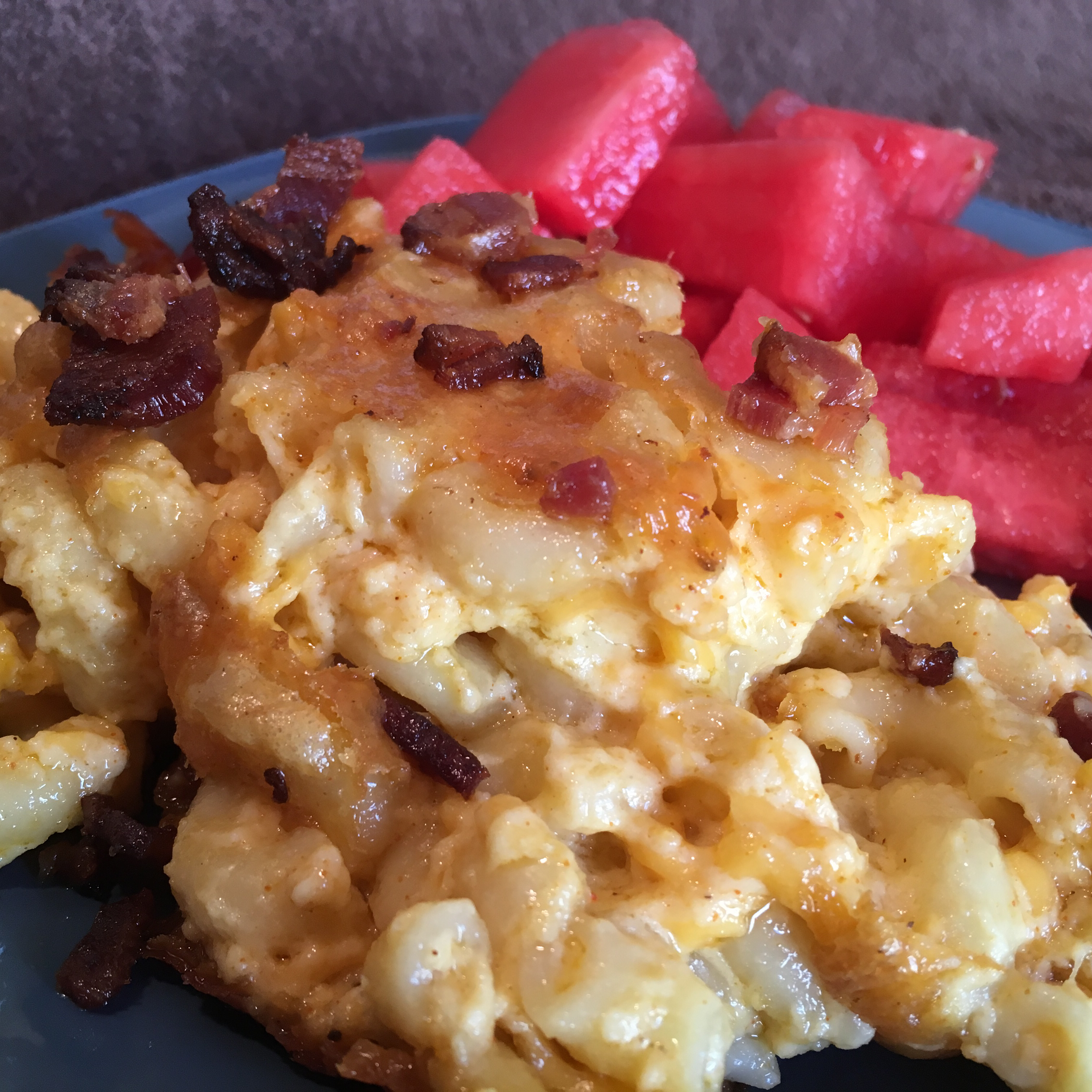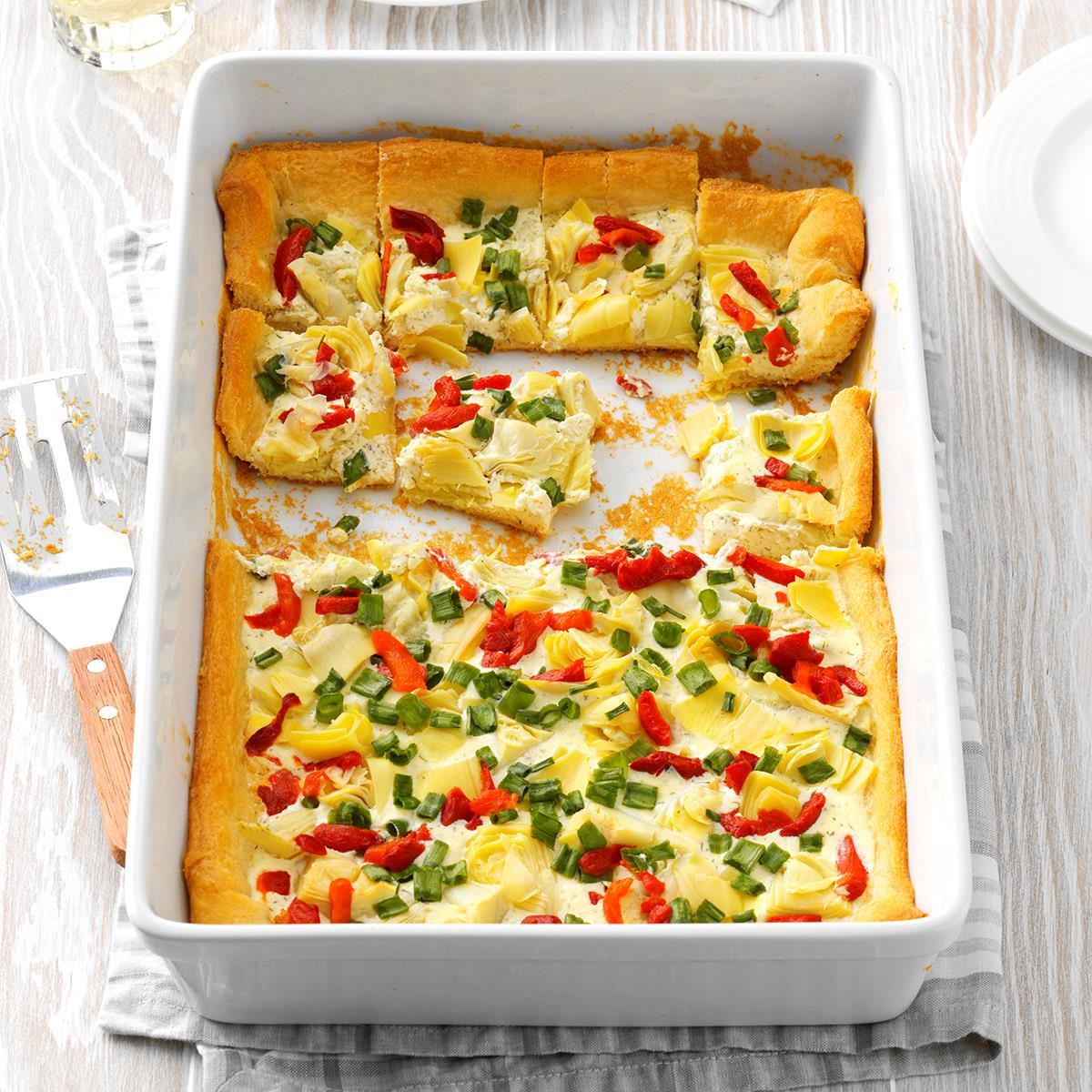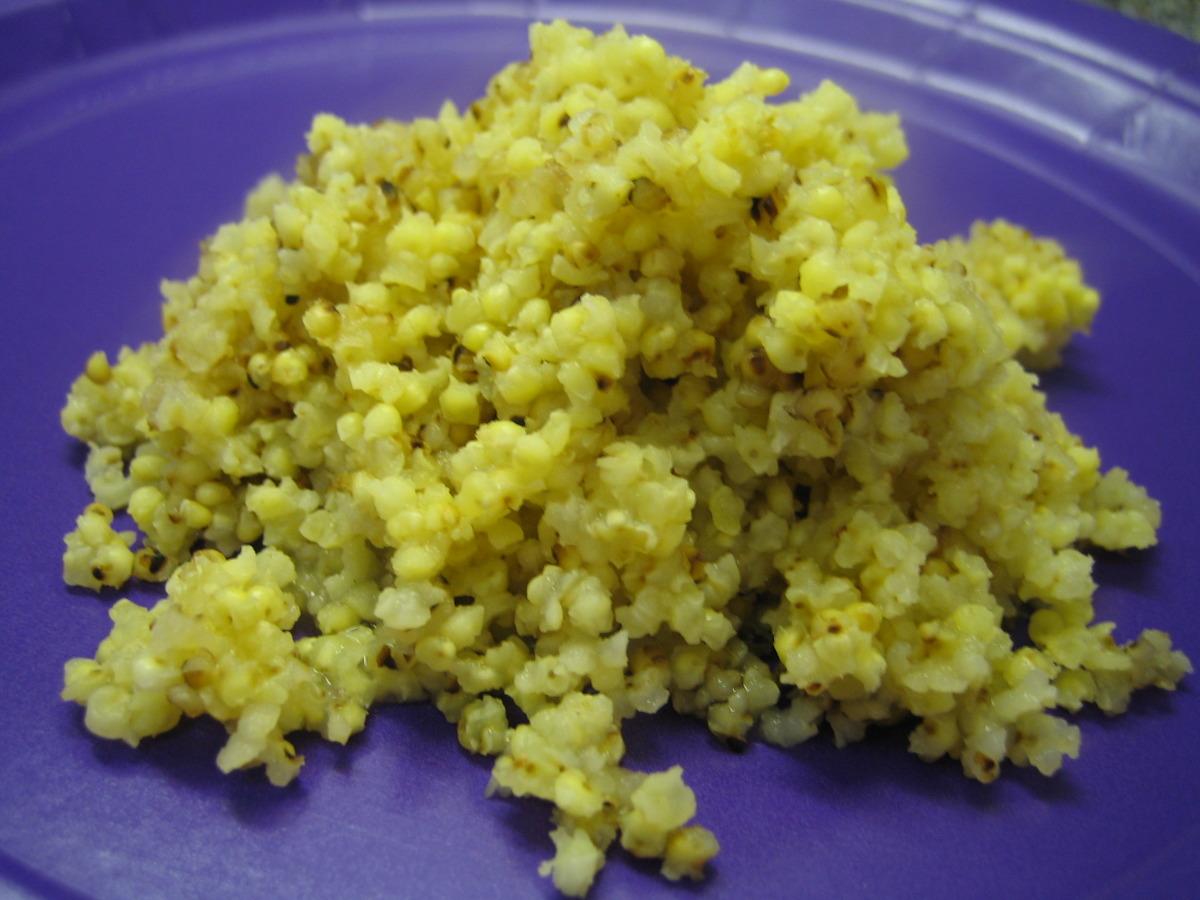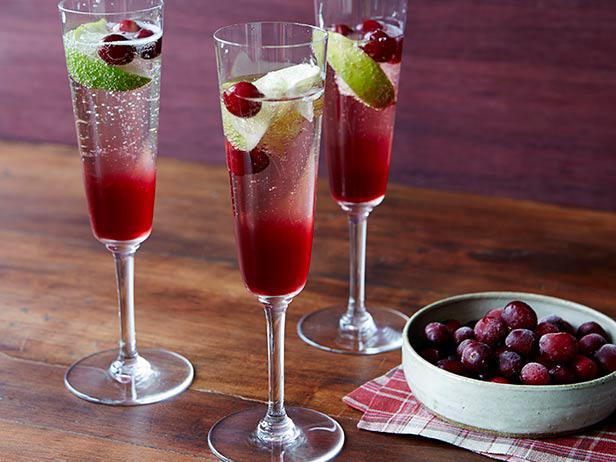
A great burger requires a little planning. Sam Sifton has done the work for you.
Provided by Sam Sifton
Steps:
- Get all your ingredients and toppings prepared first. The cooking process moves fast, and you'll want to serve your burgers as quickly as possible.Buy a cast-iron pan, if you don't already have one. There is no better surface on which to cook a hamburger.A solid spatula, rather than a slotted one, is ideal for flipping burgers.
- When you say the word "burger," most people think beef. The quality of the meat is important, of course, but the most important factor is fat. Burgers should be composed of meat that is at least 20 percent fat. The most common grind of beef used for hamburgers is chuck. Specialty shops will sometimes sell custom blends for hamburgers, adding brisket or short-rib to the mix. You can experiment with those. But the most important factor in hamburger meat is the ratio of meat to fat. Look for a ratio of 80 percent meat to 20 percent fat. Avoid supermarket blends marked "lean," which are generally mixed in a ratio of 90 percent meat to 10 percent fat, often marked on the label as 90/10. A 90/10 blend will lead to dry hamburgers. (Conversely, be careful with blends that are more than 20 percent fat. These lead to hamburgers that are too loose and fatty.) Avoid preground supermarket chuck if possible. Instead, ask your butcher to grind your meat for you. Ask for a coarse grind. You should be able to see both meat and fat in the mix. (Supermarket chuck is ground "fine," which can lead to a denser and less satisfying burger.) Keep the meat in the refrigerator, untouched, until you are ready to cook.
- Great hamburgers fall into two distinct categories. There is the traditional griddled hamburger of diners and takeout places, a patty that is smashed thin with a burnished crust. And there is the pub- or tavern-style hamburger, which is larger, plump and juicy. Decide which form you want your burgers to take well before you start cooking.Here is the hamburger you get in better taverns and bars, big and juicy, with a thick char that gives way to tender, medium-rare meat. Like all burgers, it's best cooked in a cast-iron pan, though it also translates well to the grill. The pub- or tavern-style burger has a precooked weight of 6 to 8 ounces; two pounds of beef will yield four burgers. Avoid making patties that are larger than that, as they will be difficult to cook through. Use your hands to gently divide the ground beef into 4 piles about 8 ounces each, then lightly form each into a thick patty, roughly an inch thick and 3 ½ inches in diameter, like flattened meatballs. Take care not to handle the meat too much. Do not pack the meat tightly; the patty should just hold together. Use your thumb to create an indentation in the top of each patty, which will help it cook evenly. Season aggressively with salt and pepper. Add oil or butter to a large cast-iron or stainless-steel skillet and place over medium heat. When you're ready to cook, turn the heat to high, place the burgers in the skillet with plenty of distance between them and allow them to cook, without moving them, for about 3 minutes. Flip them over and, if using cheese, lay the slices on meat. The burger is done 3 to 4 minutes later for medium-rare. Remove them from the skillet and let them rest for 5 minutes before serving.This is the traditional, griddled hamburger of diners and takeaway spots, smashed thin and cooked crisp on its edges. This style of burger can only be cooked on a flat surface, like a cast-iron pan; do not attempt it on the grill. The diner hamburger weighs around 3 to 4 ounces precooked, roughly an ice-cream-scoop's worth of meat. Two pounds of beef will yield eight patties, enough for four to eight servings, depending on whether you choose to serve two patties on a single bun (not an outrageous option).Do not form the patties before cooking. Instead, leave the ground meat in a pile in the refrigerator until you are ready to cook. Then gently divide the ground beef into 8 small piles of around 4 ounces each, and even more gently gather them together into orbs that are about 2 inches in height. Add oil or butter to a large cast-iron or stainless-steel skillet and place over medium heat.When you're ready to transfer the meat to the pan, turn the heat to high. Put half the orbs into the skillet with plenty of distance between them. Quickly, using a stiff metal spatula, press down on each burger, smashing it to form a thin patty that is around 4 inches in diameter and about 1/2 inch thick. Season with salt and pepper.Cook without moving until patties have achieved a deep, burnished crust, roughly 90 seconds later. Slide your spatula under the patty, flip it over, add cheese if you're using it, and cook the hamburger through, approximately a minute or so longer. Remove them to buns, and repeat with remaining burgers.
- Not all burgers are made of red meat. For a little variety, try a patty made of vegetables, poultry or seafood. You make a veggie burger like the one in the video above because you want the hamburger experience without the meat. The enemy of a veggie burger is mushiness, which stems from a high moisture content. To combat that, try roasting the more watery ingredients - mushrooms, tofu, beans and beets are good ones - to both dehydrate them somewhat and intensify their flavors. You need a diverse lot of ingredients to make a good veggie burger, to boost both texture and flavor. Legume and grain burgers can be hard to manage when cooking them, so try binding the mixture with mashed potatoes, white or sweet. The flavor difference - and manageability - is astounding. When looking for ground chicken or turkey for burgers, make sure that you get the highest fat to meat ratio available at the grocery store, or consider going to a butcher or specialty shop. Because poultry is leaner than red meat, you'll need to add fat and moisture, since the meat itself generally won't be fatty enough to retain a patty shape or fry up properly. Moisten them by adding ketchup and a bit of grated onion to the ground meat - or mayonnaise and a bit of mustard.With any burger made of seafood - tuna, salmon or shrimp - a key component is the binding agent, the thing that helps keep the burger from falling apart. Some recipes rely on bread crumbs, others on an egg or mayonnaise. Whatever the recipe calls for, make sure the balance of wet and dry ingredients is maintained. Too much liquid, and you'll have a floppy mess; too little, and you'll have a bunch of crumbs in the pan. These burgers are best cooked in a pan, although the brave of heart may try them straight on the grill.
- Get a cast-iron pan. There is no better surface on which to cook a hamburger. The fat that renders out of the meat gathers around the patty as it cooks, crisping the exterior and adding a great deal of flavor. You can even use a cast-iron pan outside, setting it on top of a grill. It will heat beautifully over the fire. A cast-iron pan is also a great surface for cooking non-beef burgers: turkey, chicken, salmon and the like.Some cooks salt the pan and cook the meat directly on the spice. Others use a scant amount of oil for the first few patties. More will not be necessary later, as fat renders from the meat.You don't need to cook burgers in a cast-iron pan, of course. If you'd prefer to cook them outdoors on the grill, you can also shape the patties and cook them directly over the flames.Build a hot fire, and don't make the patties too loose or too large. Be careful to flip them enough times, both to crisp the exterior and cook them thoroughly. Resist the temptation to press down on them with the spatula, which only spews juice and fat on the fire, causing the flames to flare up and the burger to lose precious flavor. If you feel your burger is cooking too quickly, use the cooler sides of the grill to rest them. And remember: lowering the top on the grill helps cheese melt.
- You can serve hamburgers on brioche buns, English muffins, sesame-seeded hamburger buns or even plain toasted bread. But to our minds the best option is a bun made of potato flour, which offers a soft and sturdy platform for the meat. Regardless, the most important factor in hamburger-bun selection is size. The ratio between bun and burger should be close. The bread should never overwhelm the burger.You can dress a burger with almost any cheese, as long as it melts well. For diner-style burgers, apply the cheese as soon as you've flipped the patty. For tavern-style burgers, do so soon after. Good cheeses for hamburgers include American, Cheddar, Monterey Jack, Swiss, Asiago, Emmentaler, Fontina, Gruyère, Havarti, Muenster, mozzarella, the blue cheeses and (if you remove the rinds) soft-ripened cheeses like Brie and Camembert. Nonmelting cheeses like goat cheese and feta can also be used, but they will not enrobe a burger patty so much as sit softly atop it.Once you pull your burgers off the heat, place them on buns and (depending on the circumstance) either dress them yourself or serve them naked to guests to dress themselves. In the latter case, lead by example: Do not overdress. The same notion of a ratio between meat to bun and cheese to meat holds between finished burger and the condiments that go on top and below it. Moderation in all things. What you should always have on hand: Sliced ripe tomatoesCold, crisp lettuce, such as BibbPickles (sliced in rounds, please)Onions (red or white, peeled and sliced)Jalapeños (seeded and sliced, or pickled)You can serve caramelized onions as a burger topping, or sautéed mushrooms. For a messy, luxurious addition to a burger, fry an egg and slide it on top of the finished patty.Always offer mayonnaise, ketchup and mustard. Mayonnaise mixtures or special sauce are also nice. Some combine one part ketchup to two parts mayonnaise for a burger topping known in some quadrants as fry sauce, and in others as pink sauce. You could make a more fiery version by adding hot sauce or sriracha. Some like steak sauce on a burger. And if you've got the time, try making your own aioli; it will elevate the burger to a whole new level.
Are you curently on diet or you just want to control your food's nutritions, ingredients? We will help you find recipes by cooking method, nutrition, ingredients...
Check it out »
You'll also love









__.divia.__ Sylvia
[email protected]These burgers were a great way to use up leftover ground beef. I added some chopped onion and garlic to the patties for extra flavor.
Bonnie Bigler
[email protected]I'm allergic to tomatoes, so I substituted ketchup for the special sauce. It still turned out great!
Lilia Avina
[email protected]These burgers were a bit too greasy for my taste.
Mdsahadat Khan9
[email protected]I'm not sure what I did wrong, but my burgers fell apart when I tried to flip them.
Doreen Hair
[email protected]I followed the recipe exactly, but my burgers didn't turn out as juicy as I expected.
Ruba Salman
[email protected]These burgers were a little dry for my taste, but the flavor was still good.
Sawkat Alam
[email protected]Best burgers I've ever had!
Sphosh Mdodana
[email protected]These burgers were so easy to make and they turned out perfectly. I'm definitely going to be making these again and again.
Cowena Nordmann
[email protected]I was hesitant to try this recipe because I'm not a big fan of burgers. But I'm glad I did because these burgers were delicious! The secret is in the special sauce.
JR Torres
[email protected]I've tried many burger recipes before, but this one is by far the best. The instructions were clear and easy to follow, and the results were amazing.
Mushtaq ameen Ameen
[email protected]These burgers were a hit with my family! The flavors were perfectly balanced and the patties were juicy and flavorful. I'll definitely be making these again.